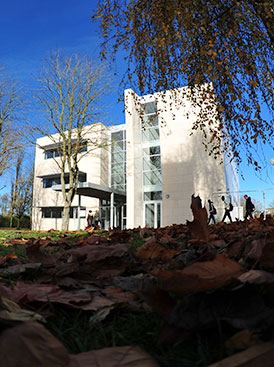Research Partners
gameCORE
socialCORE is currently working in partnership with gameCORE and Carlow Regional Youth Service on an action-research project exploring the role of gaming as a tool of youth work. This is an exciting partnership designed to contribute to innovative and inclusive youth work and is a model of what is possible in developing research-informed practice within the social professions.
The socialCORE team is happy to discuss potential research collaborations with partner organisations in the fields of social care, youth work and early childhood education, and to support organisations in acquiring research funding. Please contact the socialCORE director for more information at [email protected].








